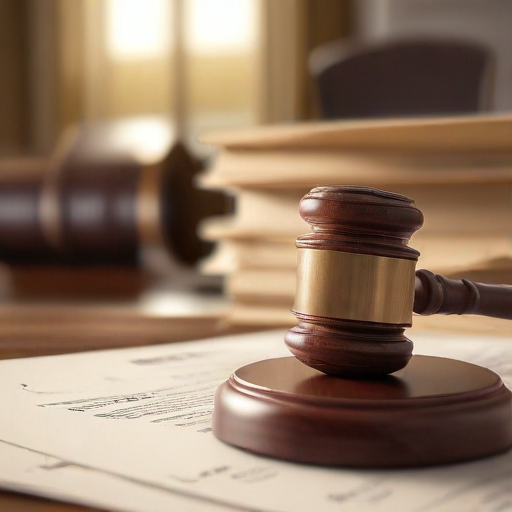A New York appeals court judge has rejected Donald Trump’s request for an emergency order to delay his sentencing scheduled for Friday concerning criminal charges related to hush money payments. Justice Ellen Gesmer’s decision came after brief discussions between Trump’s attorney, Todd Blanche, and a representative from the Manhattan district attorney’s office.
Blanche argued that Trump should be protected by presidential immunity and should not face any legal proceedings at this time. However, the district attorney’s attorney, Steven Wu, countered that there was no legal basis for Trump’s claim, asserting that “there is one president at a time.” He also noted that the virtual sentencing would be brief, likely lasting about an hour.
In a ruling, Judge Gesmer stated that after reviewing the submissions and listening to the arguments, the application for an interim stay was denied. Trump’s petition, which sought to prevent ongoing violations of his constitutional rights and potential disruptions to the presidential transition, was deemed baseless by the court.
The judge’s previous decision led to scheduling the sentencing for Trump on 34 felony counts related to falsifying business records. The Manhattan District Attorney’s office has maintained that this is a suitable time for sentencing, considering Trump’s current status as president-elect does not grant him immunity from criminal processes.
Trump’s convictions stemmed from falsified records connected to payments made by his then-attorney Michael Cohen to adult film star Stormy Daniels during the 2016 presidential election campaign. Though Trump denies any sexual encounter with Daniels, the court acknowledges that the legal proceedings must continue.
This development underscores the ongoing tension between legal accountability and the privileges typically afforded to a sitting president. As the legal landscape continues to evolve, it is imperative for all parties involved to navigate these complexities responsibly, maintaining the integrity of both the judicial process and the democratic transition of power.
In a hopeful future perspective, this case could serve as an important illustration of the principles of accountability and rule of law, reinforcing the notion that no one is above the law, irrespective of their political standing. This could ultimately strengthen public trust in the judicial system.
